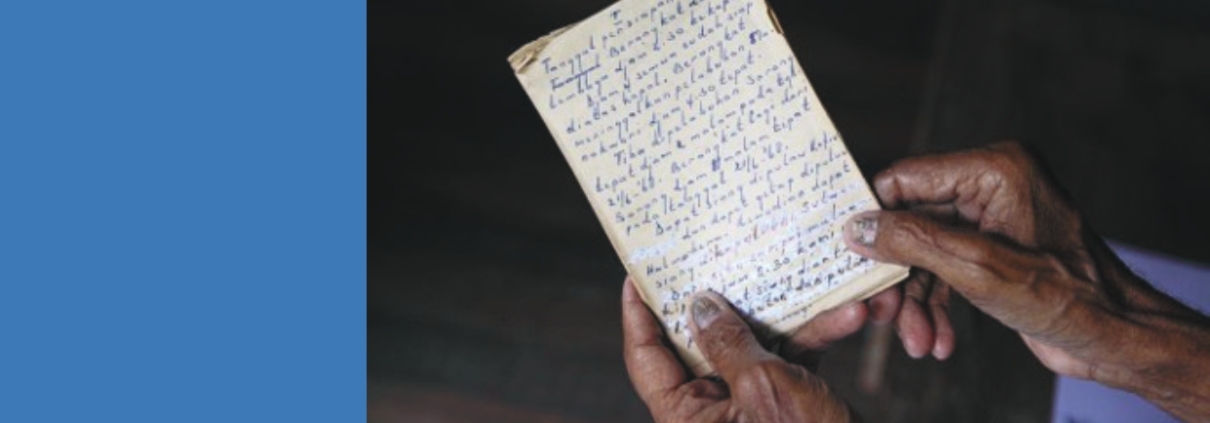Gender and Transitional Justice
This book serves as a training module. Throughout history, transitional justice processes have often failed to adequately address the experiences of women and victims of gender-based violations. Additionally, women have been inadequately represented and provided with opportunities for participation in accountability, acknowledgment, and reform measures. These shortcomings have marred even those transitional justice efforts that might otherwise be considered successful. The deficiencies include a lack of reporting of certain violations, policies and procedures that hinder women’s involvement in transitional justice processes and their access to benefits, findings that offer only a partial understanding of the full impact of violations, and the underrepresentation of sexual and gender-based crimes within criminal proceedings.
These failures frequently stem from a lack of knowledge and understanding necessary to implement processes that encourage women’s participation and effectively address both gender-based violations and the gender-specific consequences of human rights violations. Without active engagement by women and a profound comprehension of how violations have differently impacted men and women, transitional justice processes cannot successfully contribute to a more equitable society for all. This training module, along with its accompanying materials, aims to provide comprehensive and actionable guidance and information on how to involve women more meaningfully in transitional justice processes. These modules intend to enhance practitioners’ understanding of the interconnectedness between gender, violence, oppression, and the various initiatives aimed at providing truth, justice, acknowledgment, and reform to victims.

